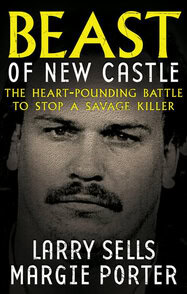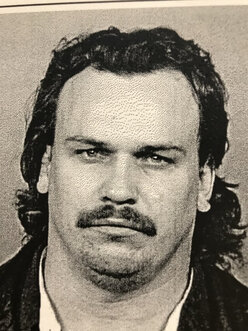My grandson, a college student, asked if I gain any special insights from writing about crime. He raised the age-old question, “Can people be born evil? Can life events force them to become that way?” There are no clear-cut, scientific answers, of course, but it is interesting to ponder how we become the people we are.
We have all experienced our share of trauma, but if hunger, poverty, and mistreatment made people evil, wouldn’t the residents of Third World countries have killed each other off by now? I am convinced that the basic difference between good and evil people is how they have responded to the onslaughts of pain in their lives.
One person may endure repeated physical abuse but become compassionate while another nurses the bitterness of a cruel or unkind remark, and feels entitled to attack other people. Raise your hand if you ever filled out a form that says, “I’m sorry you had a rough time and I volunteer to be your victim whenever you choose to not control your anger.”
No. I didn’t sign up for that, either. But we’ve all seen enough shows and read enough books to realize that anybody can be a random victim of crime.
When I write about crime, I am constantly trying to convince myself that it doesn’t have to be this way. But it always has been. The world has never seen an era when there was a true, enforceable, zero tolerance for people killing each other. We have probably the most brilliant justice system in the world, but do not dare to let our children out of our sight. As Steve Jackson pointed out in his true crime book, Bogeyman, predators are swift and skilled and leave no prints.
We cannot deny that there are evil people in the world, and as long as babies are born, some of them will develop into enemies of civilized society. They will become criminals, and yes, murderers. Defense attorneys will wave their flags, crying out the hopelessness of dysfunctional families and devastating life experience.
In other words, somebody is to blame, but it’s not the criminal. If I ever find anyone who had a great family and a perfect childhood, I may challenge this theory. But everybody I know has scars.
Perhaps the unique personality each person is born with decrees how strong they will be when facing hardship. Some toddlers innately hold in their unhappiness while others express it loudly. While I (in a very cowardly fashion) checked to see that all three wheels were on the ground before I pedaled a tricycle, my brother charged downhill on his with roller skates on. (He did this repeatedly but now admits it was not his best decision.)

My brother was a Navy Seal. He is heroic. Me? Not so much. In my co-author, Larry Sells, I have found a second brother, a person who dares to fight evil. Because of the time I have spent with them, through some kind of osmosis, I have learned to be more courageous. If I see something that is not right, I am going to, at the very least, call for help or make enough noise to draw attention to the situation.
Our experiences and responses place us each somewhere on the continuum between good and evil. Wherever we are, we can strive to be better, and take others with us.


Leave a Reply
You must be logged in to post a comment.